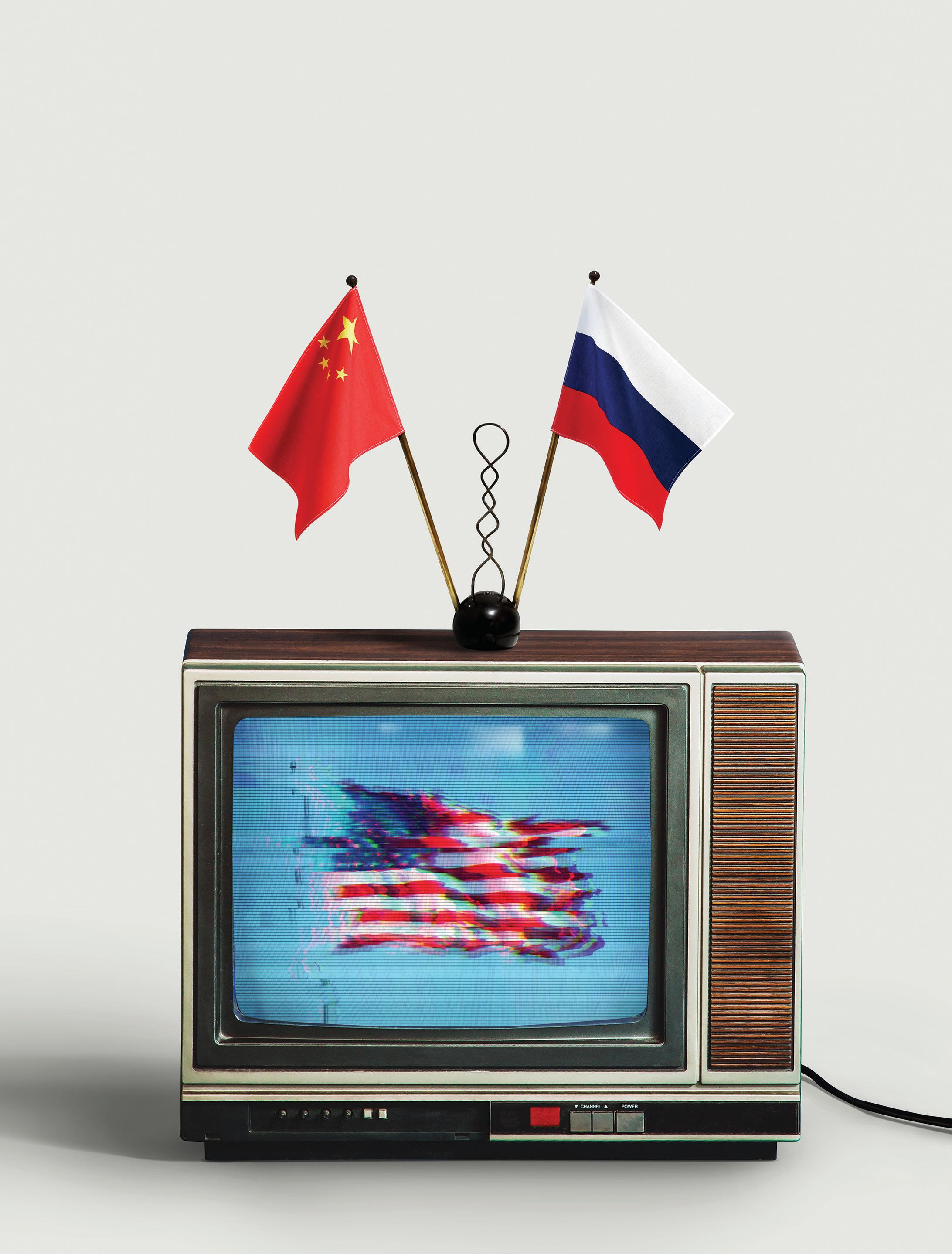
On June 4, 1989, the Polish Communist Party held partially free elections, setting in motion a series of events that ultimately removed the Communists from power. Not long afterward, street protests calling for free speech, due process, accountability, and democracy brought about the end of the Communist regimes in East Germany, Czechoslovakia, and Romania. Within a few years, the Soviet Union itself would no longer exist.
Also on June 4, 1989, the Chinese Communist Party ordered the military to remove thousands of students from Tiananmen Square. The students were calling for free speech, due process, accountability, and democracy. Soldiers arrested and killed demonstrators in Beijing and around the country. Later, they systematically tracked down the leaders of the protest movement and forced them to confess and recant. Some spent years in jail. Others managed to elude their pursuers and flee the country forever.
In the aftermath of these events, the Chinese concluded that the physical elimination of dissenters was insufficient. To prevent the democratic wave then sweeping across Central Europe from reaching East Asia, the Chinese Communist Party eventually set out to eliminate not just the people but the ideas that had motivated the protests. In the years to come, this would require policing what the Chinese people could see online.
Nobody believed that this would work. In 2000, President Bill Clinton told an audience at the Johns Hopkins School of Advanced International Studies that it was impossible. "In the knowledge economy," he said, "economic innovation and political empowerment, whether anyone likes it or not, will inevitably go hand in hand." The transcript records the audience reactions:
"Now, there's no question China has been trying to crack down on the internet." (Chuckles.) "Good luck!" (Laughter.) "That's sort of like trying to nail Jell-O to the wall." (Laughter.)
この記事は The Atlantic の June 2024 版に掲載されています。
7 日間の Magzter GOLD 無料トライアルを開始して、何千もの厳選されたプレミアム ストーリー、9,000 以上の雑誌や新聞にアクセスしてください。
すでに購読者です ? サインイン
この記事は The Atlantic の June 2024 版に掲載されています。
7 日間の Magzter GOLD 無料トライアルを開始して、何千もの厳選されたプレミアム ストーリー、9,000 以上の雑誌や新聞にアクセスしてください。
すでに購読者です? サインイン

JOE ROGAN IS THE MAINSTREAM MEDIA NOW
What happens when the outsiders seize the microphone?

MARAUDING NATION
In Trumps second term, the U.S. could become a global bully.

BOLEY RIDES AGAIN
America’s oldest Black rodeo is back.

THE GENDER WAR IS HERE
What women learned in 2024

THE END OF DEMOCRATIC DELUSIONS
The Trump Reaction and what comes next

The Longevity Revolution
We need to radically rethink what it means to be old.

Bob Dylan's Carnival Act
His identity was a performance. His writing was sleight of hand. He bamboozled his own audience.

I'm a Pizza Sicko
My quest to make the perfect pie

What Happens When You Lose Your Country?
In 1893, a U.S.-backed coup destroyed Hawai'i's sovereign government. Some Hawaiians want their nation back.

The Fraudulent Science of Success
Business schools are in the grips of a scandal that threatens to undermine their most influential research-and the credibility of an entire field.